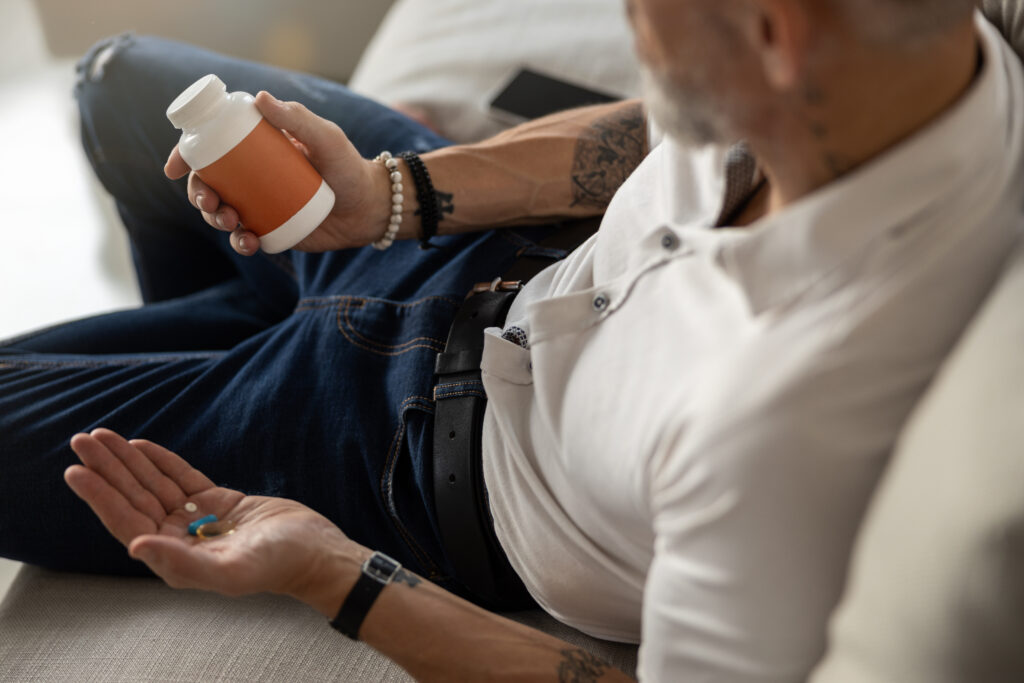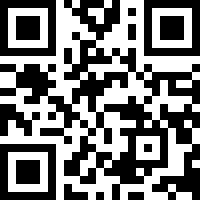Near-Field Communication (NFC) is a critical driver for pharmaceutical businesses, which financial impact is increasing at a 6.9% yearly pace since 2014. However, there are significant obstacles, such as the increasing proliferation of counterfeit pharmaceuticals, which now account for 8% to 15% of all pharmaceutical items sold worldwide, according to the World Health Organization. Patients are also affected by counterfeiting, with estimates indicating that one million people die each year as a result of harmful counterfeit drugs. Pharma companies are using NFC technology to incorporate close tracking, prevent health care products from forged and counterfeit markets, and maintain the integrity of medicines.
What is NFC?
Near-field communication, or NFC, is a technology that allows phones, tablets, laptops, and other devices to quickly communicate data with other NFC-enabled devices. Radio-frequency identification (RFID) technology gave rise to it. RFID is the technology that powers those security scan cards that get you into the office every day or allow you to skip the tollbooth on your morning commute.
Moreover, NFC technology also helps pharmaceutical firms become more patient-centric. This bridges the gap between doctors and patients, allowing them to more easily adhere to medical treatment. By making their pharmaceutical items more intellectual, accessible, and useful, NFC mediums give fresh hope to mobile health technology. Let’s look at the details of these compelling reasons to utilize NFC in the pharmaceutical industry.
- Safety and Integrity. Where smartphones and Internet connection are accessible, NFC-enabled pharma items provide item-level product verification in near-real time (anti-counterfeiting). Pharmaceutical businesses acquire insight regarding unauthorized product movements (grey market control). NFC technology can provide tamper evidence as part of advanced packaging solutions, giving a superior response to the European Union’s “Falsified Medicines Directive (FMD)” to combat medication counterfeiting. This is especially true of its rule requiring specific safety features for drug packaging, such as robust anti-tampering mechanisms. In addition, patients can use NFC labels to check whether a product is genuine or not. By simply placing the product packaging in front of an NFC-enabled smartphone, both inspectors and patients can determine the authenticity of items in real time and from anywhere in the globe.
- Medium Traceability. Pharmaceutical companies may track their products before and after they are purchased using NFC tags. NFC tags are being used by businesses in supply chain outlets and distributor locations. NFC technology provides location awareness as well as cloud-based monitoring, allowing the medical industry to track and authenticate products until they reach the customer’s hand. Companies manage their businesses in accordance with medical regulatory regulations and criteria because they have the ability to trace phony and genuine products. They take immediate action against counterfeiters and forgers using NFC-enabled products.
- Treatment adherence. Patients can also receive reminders and be monitored for proper dosage as part of the NFC-enabled communication channel. While pharmaceutical companies can get adherence data for outcome-based treatment, physicians can also monitor and follow-up on their patients.
- Patient engagement. Suppliers can now construct an unparalleled bi-directional communication channel for guiding and educating patients by employing NFC-enabled pharma items. They can provide easy and immediate access to product information (including audio and video), personalize 24/7 services to enable patients self-manage at any time via apps and websites, facilitate interactions with doctors (phone-ins, patient forums), and track patient attendance. Customers that utilize NFC-enabled medications and pills become part of cloud-based and IoT functions. Medical specialists and patients can communicate one-on-one via NFC-enabled applications. This software is used by specialists to monitor patients’ recovery and health issues such as chronic sickness, high blood pressure, and diabetes. Patients, on the other hand, utilize these apps to make sure they follow the treatment plan and know how much medication they need after each meal.
Takeaway
NFC provides trademark protection to combat counterfeiting by offering dependable and secure control of production, product verification, and product tracking and tracing. NFC also offers totally new options to solve another pain point in healthcare—through product information and patient alerts which promote adherence to treatment.
IDLogiq is made up of a team of deeply committed, with multidisciplinary professionals, which includes healthcare specialists, DSCSA and supply chain experts, advanced security technologists, and more. The team comes together to create a technological and trusted solution to supply chain. IDLogiq’s core mission of helping enterprises combat against counterfeiting all over the world to resolve $1.8 Trillion and 1 million lives lost per year and counting.
IDLogiq team envisions a world free of counterfeit drugs and a global environment working together to optimize business efficiency, maximize business intelligence via the application of our state-of-the-art IDLogiq technology.


